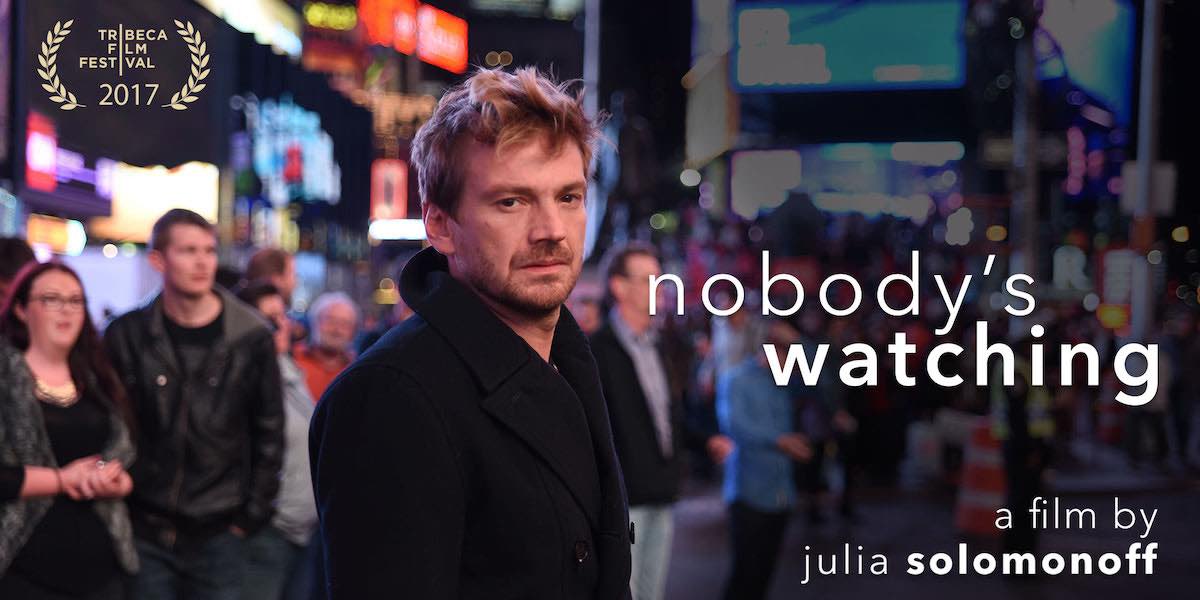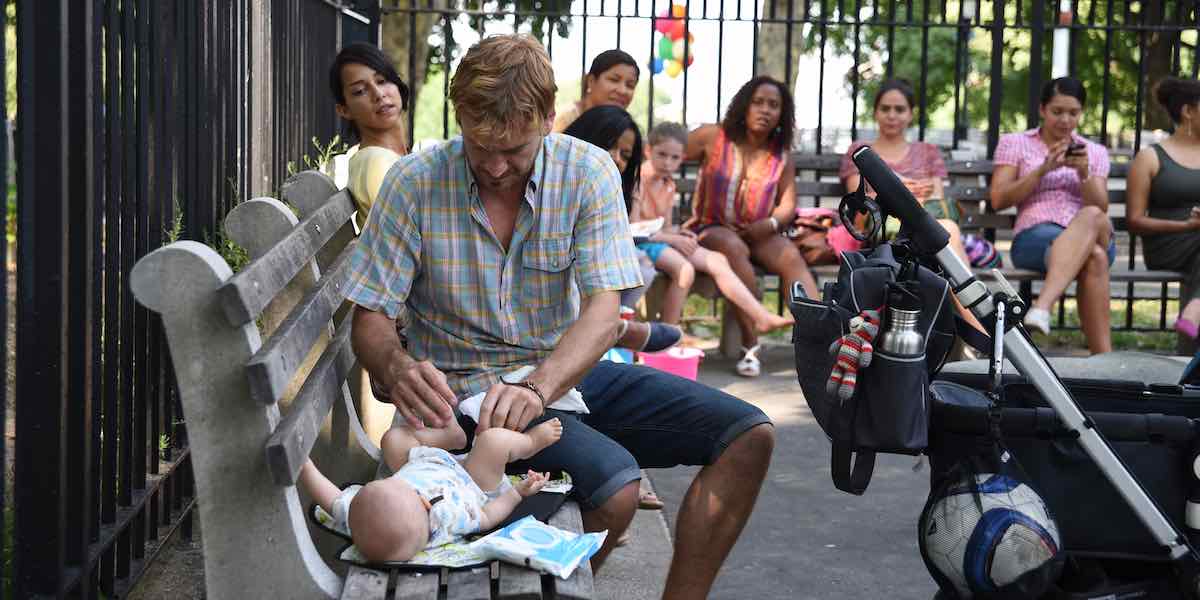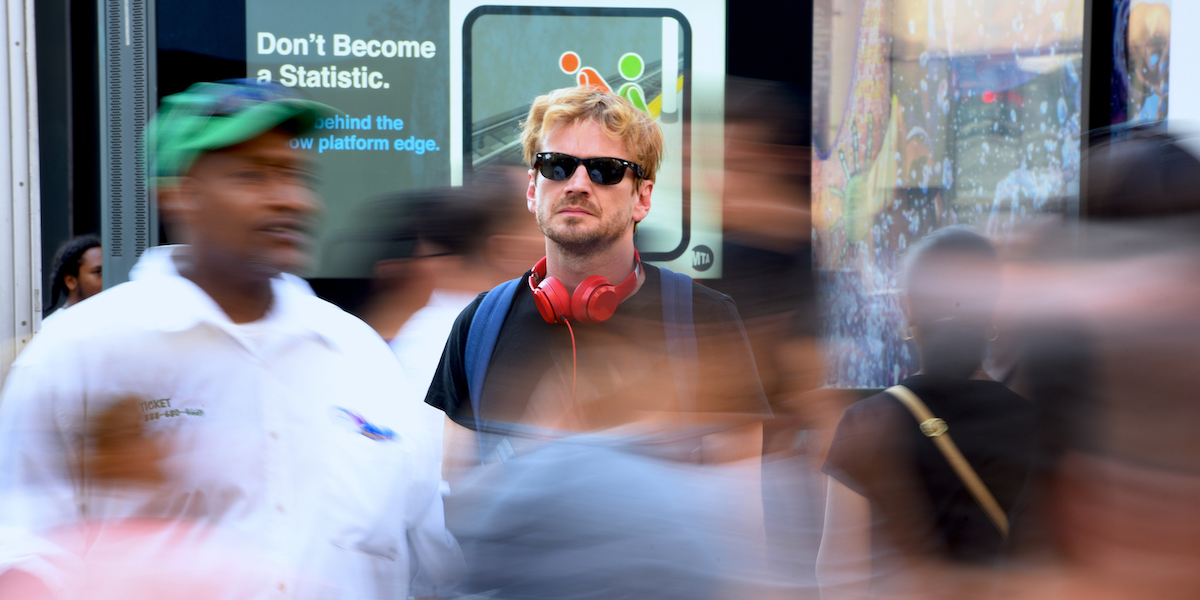“Nobody’s Watching is an intimate, moving portrait of a man in search of his place. Nico escaped an obsessive and painful relationship and is trying to reinvent himself. When Martin comes back into his life, he needs to confront his disenchantment and redefine his place, his path, and himself.
In the era of selfies, surveillance, and Instagram, there is no lack of cameras or images, but who’s watching, really? Nico aches for the absence of a loving gaze. The film explores the pleasures of freedom and anonymity of modern urban migrations and its reverse side: the loneliness and isolation of rootlessness.
Where do we belong and what belongs to us? What defines us? Is it geography, nationality, language, class, gender, generation? How much of our identity is still tied to a collective story, language, or territory? The more virtual we become, the more we seem to long for roots, for something to hold onto, something that transcends us, that precedes and continues us.”
– Julia Solomonoff, Director







